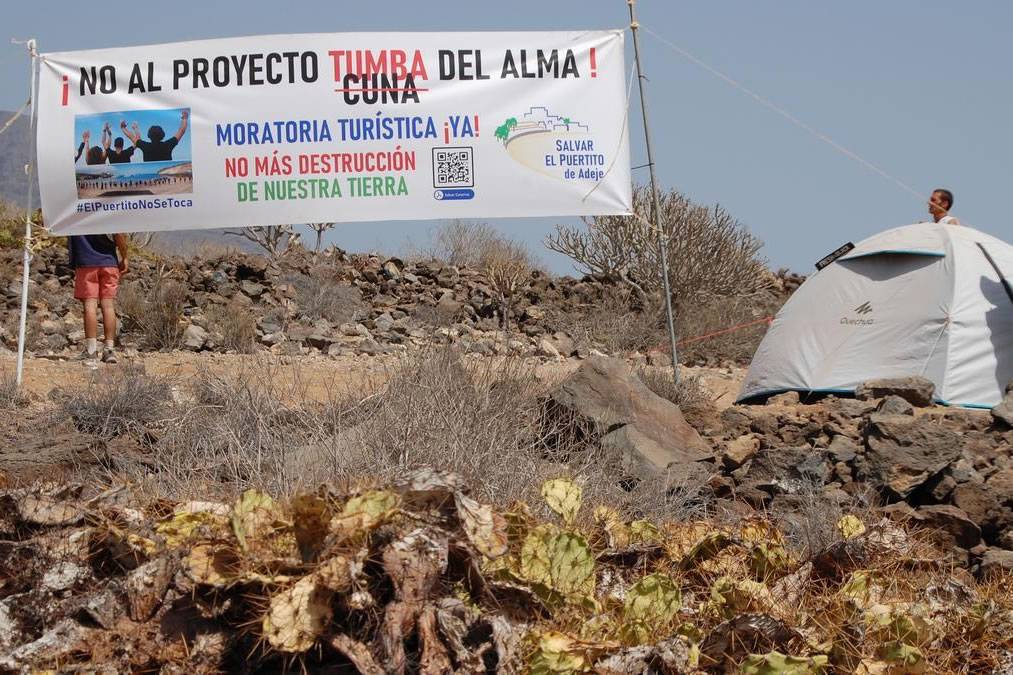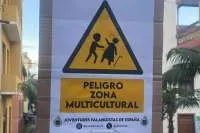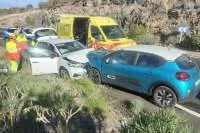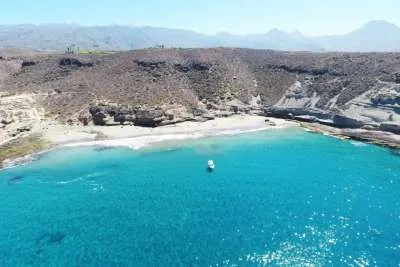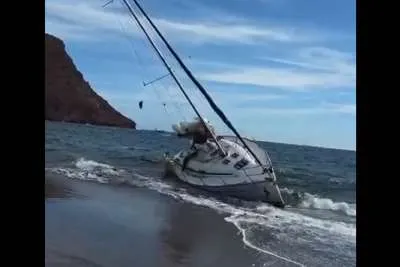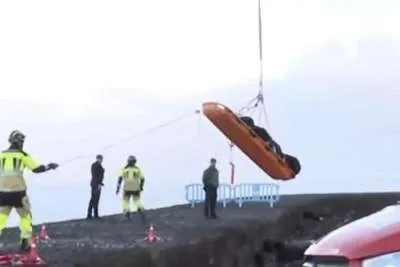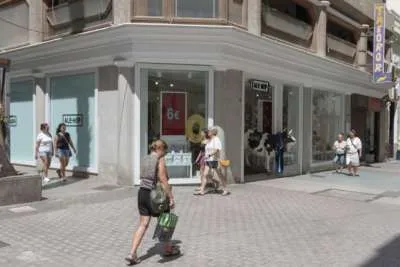The Cuna del Alma project in Tenerife reaches the European Parliament
- 26-04-2023
- Tenerife
- Canarian Weekly
The Cuna del Alma project in Puertito de Adeje in the south of Tenerife, funded by two investment families from Belgium, Vandermarliere and Van Biervliet, consists of constructing hotels and 420 luxury villas (among other infrastructures) on 430,000 square metres of protected land on the southwest coast of the island.
The works began in May 2022 and from the minute it started, generated a wide social and political rejection. The project already has two negative reports, the first in 2014 and another in 2017, as well as a sanction proposal from the General Directorate of Heritage of the Canary Islands Government for the destruction of the archaeological site.
On November 11th last year, the Ministry of Ecological Transition ordered the precautionary stoppage of the works due to the "imminent threat of environmental damage" to wild flora, after verifying the different complaints received from the environmental association Salvar La Tejita.
However, it was not until two months later, on December 2nd, that the General Directorate of Cultural Heritage of the Canary Islands finally declared the total suspension of the works.
The precautionary stoppage order issued in November came after they verified that a population of the sad viborina (Echium triste) and tajinaste del cardonal grow on the land, a species of flora that has the category of special protection within the Canary Islands Catalogue of Species Protected by the Government.
This species, and six others according to the environmental groups that denounced the project, didn’t appear in the environmental report that the promoters presented to the authorities, so the company has not obtained authorization to touch them or to move them to another location.
The group of people who had been camping next to the works since the beginning of the summer had highlighted that these species, and other protected plants, were there, and that the works were damaging them. Salvar La Tejita insisted for months that in the area where the works were being carried out, there were also centenary cardones, gray cardoncillo, orijama, and asparagus.
The construction company had initially claimed that it was unaware that there were viborine specimens or other protected species not included in the report. However, the Government of the Canary Islands verified shortly after that there is a population of plants that must be protected and therefore ordered the work to stop.
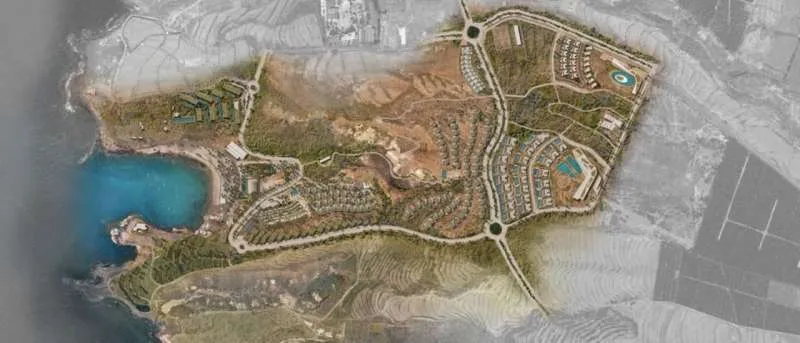
Now the plants had been identified, not only by the volunteer scientists who visited the site, but also by the regional Biodiversity Service and the Agency for the Protection of the Natural Environment, but also by the Ministry of Ecological Transition, who said: "Yes there is a formal recognition from the company itself about the presence of this plant and the interference of the works with it."
European Parliament:
After several months of campaigning, the Salvar La Tejita is defending the suspension of the works in Brussels, after it filed a lawsuit with the European Union Petitions Commission, and has meetings scheduled with various MEPs over the next few days to ask them to intervene in the face of "irregularities" committed in the project. T
According to their claims, at least 3 European directives have been violated. The association recalls that, as reported by the Department of Ecological Transition on November 21st, 2022, no environmental impact assessment report was carried out for Sector 6 of the General Plan for the Management of Puertito de Adeje (Cuna del Alma).
In this sense, it points out that the Law on Environmental Impact Assessment/2013, which transposes the European directives (Directive 2001/42/EC; Directive 2011/92/UE), in its article 9 states that "the acts of adoption, approval or authorization of the plans, programs and projects that, being included in the scope of application of this law, have not been submitted to environmental evaluation.”
In addition, the association also indicates that the Habitats Directive 92/43/CEE would also have been violated by not having evaluated the effects of an urban project with a capacity for 3,600 new inhabitants on the contiguous area protected under the European figure of Red Natura 2000, the Teno-Rasca Marine Strip.
The environmental group will also be accompanied by representatives of Podemos Canarias. Specifically, Manolo Marrero Morales, spokesperson for the Sí Podemos Canarias Parliamentary Group, the activists María González Acosta (Salvar el Puertito) and José Manuel González Piedehierro (El Coqueluche Association), as well as Gabriel González, biologist, councillor for Podemos Adeje and secretary of civil society of Podemos Canarias, invited by Idoia Villanueva, Podemos MEP.
In addition, several activists and representatives of Tenerife's civil society will also travel to Brussels to meet with MEPs and representatives of the European Commission.
Other articles that may interest you...
Trending
Most Read Articles
Featured Videos
TributoFest: Michael Buble promo 14.02.2026
- 30-01-2026
TEAs 2025 Highlights
- 17-11-2025


